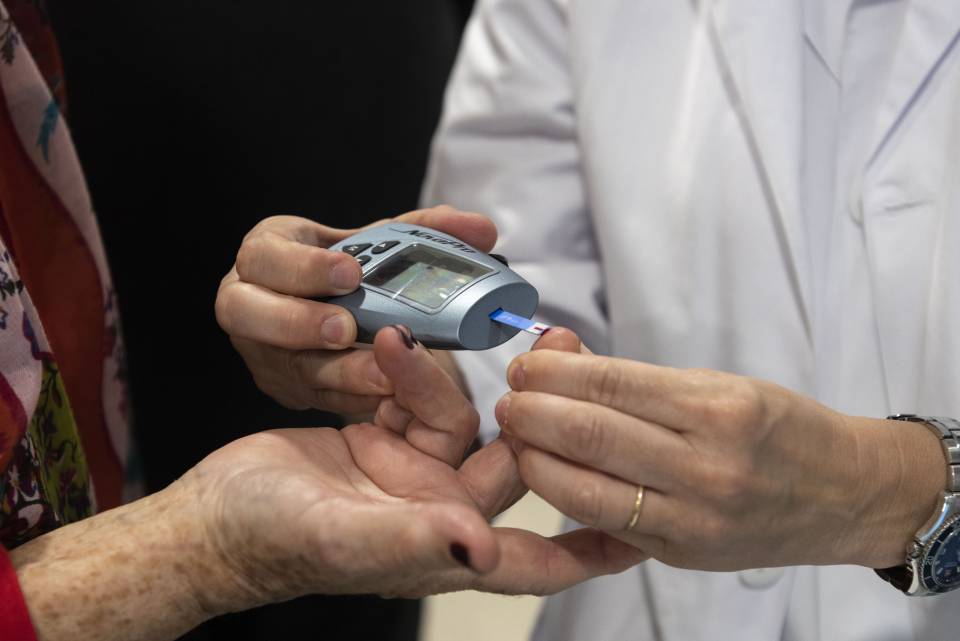Managing diabetes has changed notably in recent decades. Previously, treatment had a glucocentric focus, the most important aspect of which was maintaining a normal blood glucose level. Later, treatment advanced towards a more comprehensive approach to the disease, in which controlling other factors such as hypertension, dyslipidaemia, obesity and smoking is also considered essential. It has also been understood that not only is preventing high glucose levels important, as they create the conditions for the appearance and progression of chronic complications, but that very low blood glucose levels, hypoglycaemia, should also be avoided. It has been observed that hypoglycaemia may have significant consequences on patients’ health. In fact, it has been suggested that hypoglycaemia can affect the cognitive abilities of people with diabetes.
The short-term impact of severe hypoglycaemia on the brain is well known. The lack of glucose may cause neuronal death and, as a result, cognitive impairment. Even so, the long-term effects of hypoglycaemia are not well understood. In the case of patients with type 2 diabetes, it is currently known that there is an association between severe hypoglycaemia (SH) and cognitive impairment or dementia. However, in patients with type 1 diabetes mellitus (DM1), the data is less conclusive. In children and adolescents, most studies show a certain relationship between cognitive impairment and severe hypoglycaemia, but this same relationship has not been observed in major studies carried out on young adults. In elderly people, the information is practically non-existent. Only one study carried out on 36 patients with these characteristics suggested an association between severe hypoglycaemia and cognitive impairment.
A possible explanation for these discrepancies could be that the brains of children and elderly people are more vulnerable to hypoglycaemia than those of young adults. In this sense, it is important to highlight the research carried out in the SOLID study, led by Dr Mary Lacy from the University of California, because it tackles this issue with widespread patient participation. A total of 718 patients with DM1 and an average age of 67 years participated in the study. Their severe hypoglycaemic episodes within the last 12 months and over the duration of their illness were analysed. Severe hypoglycaemia was defined as the occasions that patients required help with treatment. This was correlated to different cognitive parameters, such as language, executive function, memory and attention.
32% of the patients studied mentioned having experienced severe hypoglycaemia in the last year, and 50% over the course of their illness. Patients who had recently experienced severe hypoglycaemia presented a reduction in overall cognitive capacity, as well as a significant reduction in the score achieved for specific abilities such as speech, executive function and memory, compared to those patients who had not had a hypoglycaemic episode.
This is the first conclusive study on the long-term effects of hypoglycaemia. These glucose deficits, whether they are recent or take place over the course of the patient’s life, have clear consequences on cognitive ability in the elderly. Presenting four or more episodes of severe hypoglycaemia in the last 12 months meant triple the risk of presenting cognitive impairment. In turn, this deterioration increases the risk of presenting more episodes of hypoglycaemia, due to the patient's reduced capacity to manage their illness. This cerebral vulnerability in elderly people means we must be especially rigorous with this group, especially when it comes to the therapeutic strategy. In this therapeutic strategy, preventing hypoglycaemia is fundamental, as is ensuring that the patient knows and understands the issue, and is as involved as possible in preventing it.
Author: Dr Enric Esmatjes, endocrinologist at the Clinical Institute for Digestive and Metabolic Diseases




